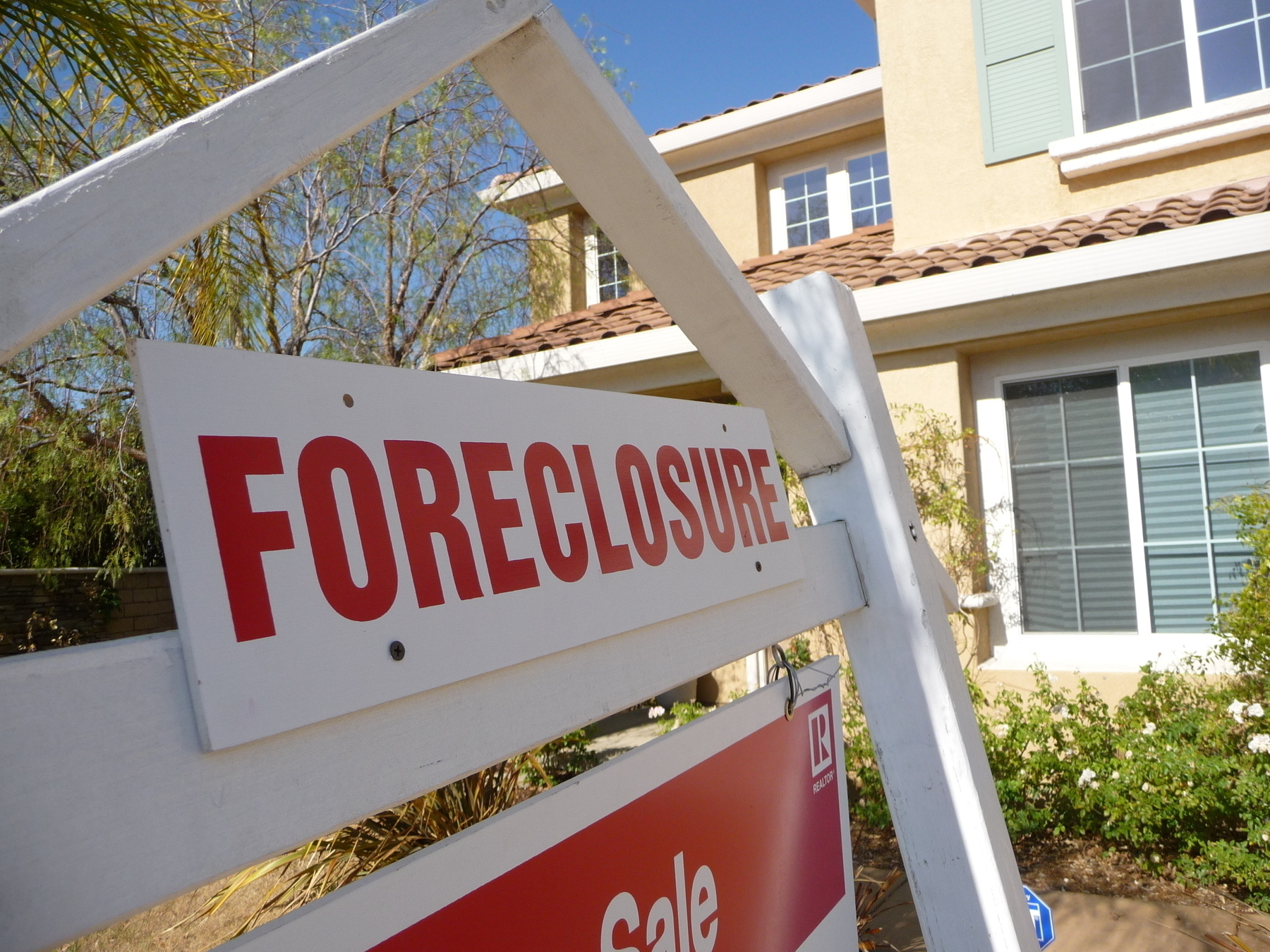The Government Is Selling Thousands of Homes to Hedge Funds Without Their Owners' Knowledge
Wednesday, September 23, 2015
The Government Is Selling Thousands of Homes to Hedge Funds Without Their Owners' Knowledge
Jared Bennett reports at The Atlantic:
It was a great deal for Oaktree. The fund bought the pool of mortgages for about two-thirds of the $105.7 million HUD estimated the homes were worth. [Julius] Uwansc, who now faces foreclosure through the new servicer of the loan, Selene Finance, was unaware that any of this had transpired.“Whatever deal that went on between Bank of America, Selene and HUD is not known to me,” he says. Uwansc maintains he has complied with the terms of his modification and has filed lawsuits against both Bank of America and Selene.
I worked at the Philadelphia Housing Authority for almost seven years. Many of the programs run by the United States Department of Housing and Urban Development are poorly understood, even by the executives who are tasked with making use of them in their own cities. But many of those programs are also beneficial to the community, when properly utilized, and when the agencies involved take the time to explain the benefits to all of the stakeholders involved, from potential residents to the mayor.
Read the article at The Atlantic for full context, but it sounds to me like the program tdhis article covers, the Distressed Asset Stabilization Program, or DASP, is not being sufficiently overseen and participating investors are taking advantage of “flipping” strategies and rental demand, especially in cities full of once-again-rapidly gentrifying neighborhoods, like Philadelphia. The demolition of high-rise public housing buildings colloquially (and, I would suggest, derogatorily) known as “projects” and construction of row-home style mixed-income residential developments, had decreased crime, outstanding rent, utility costs and other “key performance metrics” even before I left in 2013.
The switch in Philadelphia from high-rises to row homes reduced inventory but a simultaneous improvement in re-certification procedures, expanded homeownership counseling and planning assistance and other administrative changes dampened the negative effects of that reduction. That doesn’t change the fact that residents should constantly be kept in the loop about the status of the mortgage for their home, especially who owns it and when the creditor to whom they owe payments has changed.
Consider this:
Oaktree paid $68.6 million for the 803 Baltimore mortgages [including Julius Uwansc’s], about 65 percent of the $105.7 million HUD says they were worth. That means even if the company doesn’t collect a dime on any of the mortgages, even after legal fees and other expenses, it can more than make its money back by foreclosing and selling the homes. (Oaktree declined to comment on the outcomes of loans bought through DASP.)
(emphasis added)
Oaktree’s declining to comment says perhaps far more than any comment could have said. I suspect the component of the DASP program, a core component, that allows companies like Oaktree to purchase mortgages in bulk at a discount is precisely what incentivizes foreclosing as quickly as possible and with minimal effort to remediate the default.
This is a worrying example of something I saw frequently while I worked at the Philadelphia Housing Authority: rarely do the interests of borrowers and residents align with those of the local, state and federal agencies tasked with providing financial and logistical assistance. In fact, the perverse reality of funding for such programs is that the more successful they are, the less likely they are to get an increase in or even flat year-over-year funding.
It is, therefore, beneficial to those administering the programs and running the larger organizations of which the programs are a part to achieve a balance between minimally visible progress and maximizing future funding eligibility. Yes, there are sometimes performance incentives on such programs, but they are not the norm, and it doesn’t look like there are any here, and if there are they are not being sufficiently enforced.
Don’t take my word for it, read Jared Bennett’s article at The Atlantic in full.
Image by Flickr user respres

#Links #Law #Articles #Link #The Atlantic #FHA #housing #HUD #Jared Bennett #PHA #Philadelphia Housing Authority